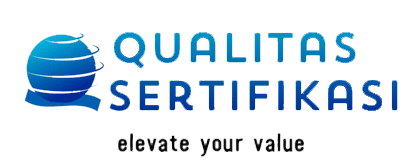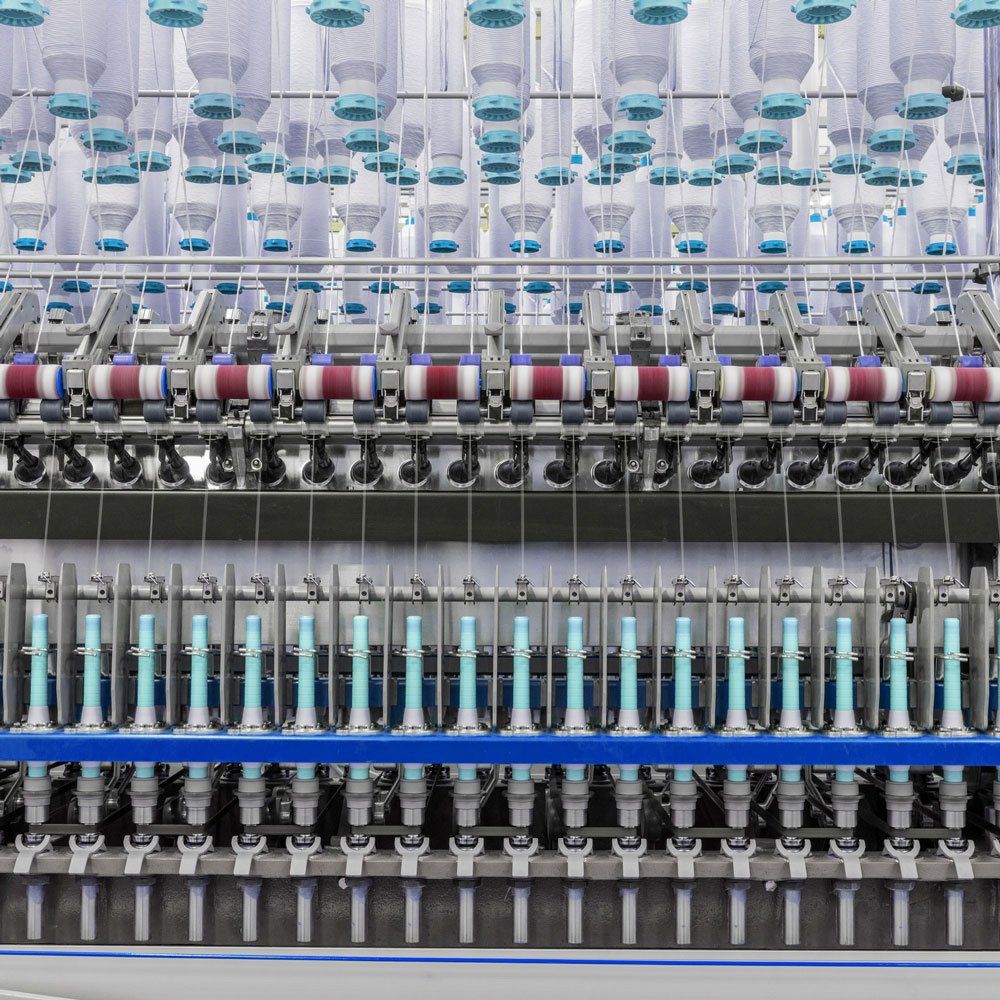Textile Exchange
Textile Exchange is a global non-profit that creates leaders in the preferred fiber and materials industry. Textile Exchange develops and manages a suite of standards that provide the industry with a way to verify sustainability claims from the raw material to the final product. All Textile Exchange standards are developed through a multistakeholder approach to address gaps in available verification tools.
Founded as Organic Exchange in 2002, Textile Exchange is a global non-profit organization that works closely with all sectors of the textile supply chain. Textile Exchange identifies and shares best practices regarding farming, materials, processing, traceability, and product end-of-life in order to create positive impacts on water, soil, air, animals and the human population created around the world by the textile industry. Textile Exchange expanded from a focus solely on organic cotton in 2010 to include a diverse preferred fiber and materials portfolio.
Textile Exchange Principal Goals
- Drive an increase in the adoption of preferred fibers and materials
- Increase integrity throughout the value chain via the adoption of standards and certifications
- Enable collective impact and action across the industry
- Raise awareness about the positive, meaningful changes accomplished
- Use the Sustainable Development Goals as a common vocabulary and reporting framework
RECYCLED CLAIM STANDARD AND GLOBAL RECYCLED STANDARD
Recycled Claim Standard (RCS) and Global Recycled Standard (GRS)
The Recycled Claim Standard (RCS) and Global Recycled Standard (GRS) are international, voluntary standards that set requirements for third-party certification of recycled input and chain of custody. The shared goal of the standards is to increase the use of recycled materials. The GRS includes additional criteria for social and environmental processing requirements and chemical restrictions.
Objective
- Alignment of recycled definitions across multiple applications.
- Verify recycled content in products
- Provide consumers (both brands and end consumers) with a tool to make informed decisions
- Reduce harmful impact of production to people and the environment.
- Provide assurance that products are processed more sustainably
- Drive higher percentages of recycled content in products
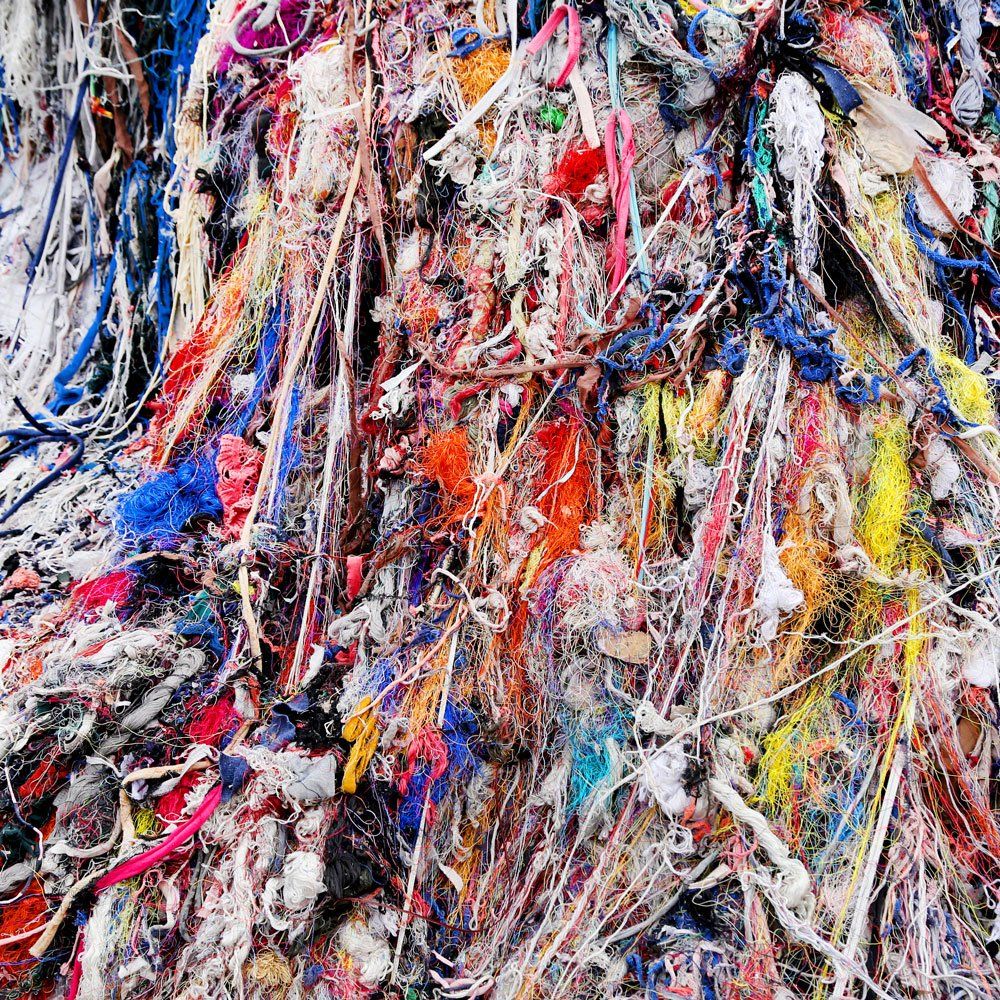
ORGANIC CONTENT STANDARD AND CONTENT CLAIM STANDARD
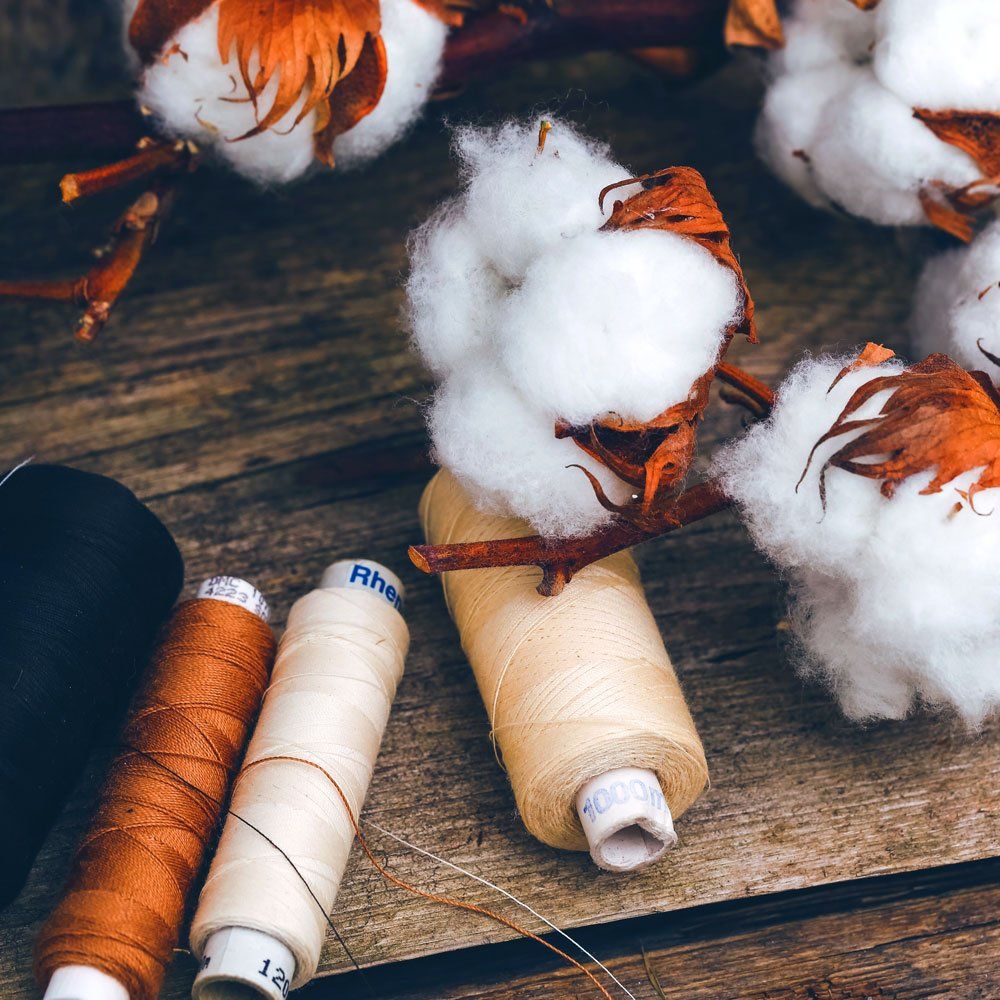
Organic Content Standard (OCS)
The Organic Content Standard (OCS) is an international, voluntary standard that sets requirements for third-party certification of certified organic input and chain of custody. The goal of the OCS is to increase organic agriculture production.
Objective
- Provide the industry with a tool to verify the organically grown content of the products they purchase.
- Provide companies with a trusted tool to communicate organically grown content claims to the industry.
- Provide organic fiber farmers with broad access to the global organic market for their products
Content Claim Standard (CCS)
The Content Claim Standard (CCS) is the foundation of all Textile Exchange standards. It is a chain of custody standard that provides companies with a tool to verify that one or more specific input materials are in a final product.
Objective
- Certification to the CCS verifies the chain of custody principles are followed in each stage of production
- Tracks the flow of raw material from source to the final product.
- Addresses product flow, documentation, volume reconciliations, and segregation of materials and products
- Based on scope and transaction certificates for maximum levels of verification and tracking

RESPONSIBLE DOWN STANDARD

Responsible Down Standard (RDS)
The Responsible Down Standard (RDS) aims to ensure that down and feathers come from animals that have not been subjected to any unnecessary harm. It is our hope that the standard can be used to reward and influence the down and feather industry to incentivize practices that respect the humane treatment of ducks and geese. We believe that education – through the RDS – is a meaningful way to drive demand for strong animal welfare practices. The standard also provides companies and consumers with a tool to know what is in their products, and to make accurate claims.
Objective
- Ensure to the highest possible extent that down and feathers do not come from animals in a supply chain that have been subjected to any unnecessary harm
- Reward and influence the down and feather industry for practices that respect the humane treatment of ducks and geese
- Provide companies with a tool to know what is in their products, and to make accurate claims
- Ensure a strong chain of custody for certified materials as they move through the supply chain
- Standards help you compete on a level playing field with other bigger enterprises
- Standards open up export markets for your products/services
- Standards help you discover business best practice
- Standards drive efficiency in your business operations
- Standards add credibility and increase confidence for your customers
- Standards open up new business opportunity and sales
- Standards give you competitive edge
- Standards make your brand name Internationally recognized
- Standards help your company grow
- Standards enable a common language to be used across industry sectors
Popular Questions
Recycled Claim Standard
-
What does the RCS stand for?
RCS stands for Recycled Claim Standard.
-
What is the audit scope covered in RCS?
RCS covers only production aspect, and does not include any chemicals that may be used in it.
-
Is there any minimum recycled content in RCS?
Yes. RCS is devided into two grades, blended & 100. For RCS Blended, content ranges from 5-95%, while RCS 100 shall more than 95%.
-
Is RCS mandatory for all supply chains?
No, it is mandatory if only the entitiy is in material recycling phase & desires to make a claim.
-
The RCS logo looks nice, but I think it is not really necessary to be applied to my product, may I just skip it?
Yes, you may just skip it as it is only an optional item.
-
My company has been certified for another recycled program (e.g. SCS's RCC), is it still mandatory to undergo RCS full audit if I want to be certified?
According to the Accepted Equivalent Standards V2.0 released by Textile Exchange, the only recognized standard for RCS input is only GRS.
-
What is the purpose of the RCS label?
The Recycled Claim Standard (RCS) label enables to market textiles made from recycled raw materials.
-
What are the key guarantees of RCS?
The RCS label guarantees:
- Traceability of recycled raw materials
- Transparent communication, clear labelling
- Stakeholder engagement
-
How to get the RCS label?
The labelling by an independent certification body validates the conformity of your practices according to the Recycled Claim Standard (RCS).
RCS can be applied to all products containing at least 5% recycled material.
Global Recycled Standard
-
What does the GRS stand for?
GRS stands for Global Recycled Standard.
-
What are the audit scopes covered in GRS?
GRS covers a full audit scope, from production, chemical, environment & social aspect.
-
Is there any minimum recycled content in GRS?
Yes, minimum recycled content in GRS is 20%, but if you are planning to label your product with GRS logo then it has to be 50% as minimum.
-
The GRS logo looks nice, but I think it is not really necessary to be applied to my product, may I just skip it?
Yes, you may just skip it as it is only an optional item.
-
My company has been audited for some popular Social & Environment programs, is it still mandatory to undergo Social & Environment scope in GRS?
According to the Accepted Equivalent Standards V2.0 released by Textile Exchange, it is said that "No equivalent standards or audits are currently recognized for the GRS". It means that a full GRS audit shall be implemented.
-
Can the Global Recycled Standard (GRS) be applied to more than textile products?
Yes, the GRS can apply to any recycled material
used in a finished product.
-
What is meant by the term “chain of custody” referenced in the standard?
A chain of custody identifies a material as it moves
through all the steps of a manufacturing process
from its origin to end use. In the case of recycled
materials, the manufacturing steps involve the
collection, concentration, recycling, production and trading of recycled materials. The chain of custody requires maintaining and transferring information about the level of recycled material content in each step. This acts as a monitoring and controlling mechanism throughout the value chain of certified final products.
-
How do collection, concentration and recycling organizations benefit from the GRS?
Recycled materials that meet the GRS requirements can be worth more since the requirements have been independently verified. GRS paperwork should also satisfy requests for recycled materials information even from non-certified organizations.
-
What happens during “random inspections” as mentioned in the standard and applied to collection and concentration organizations?
Inspections (which are only completed at sites
that are not run by individuals and require legal
authorization) are limited to the verification of
this authorization and confirmation of description of recycled materials. The organization being
inspected must make all areas, documents and
employees (for interviewing) available.
-
Why does this standard include requirements for social, environmental and chemical policies and content?
The GRS intent is to help companies verify recycled
content in their products as well as identify
companies in their supply chain with responsible
social, environmental and chemical practices.
-
How is compliance with this standard ensured?
The standard includes rigorous requirements to
achieve and maintain certification including:
> Onsite audit and surveillance requirements
at all levels of the supply chain
> Recertification requirements
-
If I certify to GRS, must I disclose my suppliers?
Certification does not require that suppliers be
disclosed to the brand and/or retailer. When a
product is labeled for GRS, the certification number of the last certified material or product owner must be listed. If the brand/retailer wishes to hide the identity of that supplier, they should become certified so they can list their own certification number.
-
How is this standard different from the NSF Guideline for recycled content or the Recycled Content Standard?
The GRS includes criteria that address social,
environmental and chemical practices throughout
the supply chain.
Organic Content Standard
-
What entities in a supply chain must be certified to the Organic Content Standard (OCS)?
The OCS requires all organizations in a supply chain to be certified beginning with post-harvest processing sites through to the seller in the final business-to-business transaction. The retailer of a finished organic content product does not need to be certified. Examples of the first post-harvest processing sites can include:
- Ginning for cotton
- Retting for bast fibres
- Boiling and washing cocoons for silk
- Scouring for wools and other animal fibres (respective grading if this step is undertaken before scouring and not already covered by the organic farming certification).
-
Does the OCS include criteria to define organic content?
The OCS does not define organic content. It provides third-party verification of organic material content in a product. It does recognize the output of organic farms that have been certified by an independent third party to the USDA National Organic Program (NOP), Regulation (EC) 834/2007, or other organic standards as approved in the IFOAM Family of Standards. Buyers of the OCS product are responsible to set any requirements on the specific organic standards to which the input material should be certified.
-
What types of products can be certified to the OCS?
The OCS may be used with any product that contains non-food organic material. The OCS applies to products that contain from 5% to 100% organic material.
-
The Content Claim Standard (CCS) is referenced in the OCS. What is the relationship of the two standards?
Certification to OCS includes compliance with the requirements of the CCS. The CCS is the chain of custody foundation for all Textile Exchange standards. The standard defines, among other things, the operational content of a management system to maintain full transparency of materials as they flow through the supply chain. This includes record keeping of inputs and outputs of each production step, labeling and identification and segregation of materials.
-
Do retailers need to be certified to sell OCS certified products?
No, the OCS requires certification from post-harvest operations to the seller in the last business-to-business transaction. Since the final sale by the retailer is a business-to-consumer sale, the retailer is exempt.
-
The standard mentions transaction certificates. What are these and why are they required?
All Organic Materials entering the supply chain shall have a Transaction Certificate (TC) issued by the certification body. TCs are required to document each time that OCS/CCS product changes ownership. The seller must apply for a TC with the certification body. NSF, as the certification body, is responsible to ensure the seller has met all the certification requirements prior to that sale. It is the responsibility of the consignee of any claimed material and CCS product to inspect the packaging and verify the appropriate information is included in the product marking and corresponding documentation (e.g. invoice, bill of lading, TC) upon receipt of the certified product.
Claim Content Standard
-
What is the Content Claim Standard (CCS)?
The Content Claim Standard (CCS) is a chain of custody standard that provides companies with a tool to verify a specific input material in a final product. It requires that each organization along the supply chain take sufficient steps to ensure that the integrity and identity of the input material are preserved. All Textile Exchange Standards apply the Content Claim Standard as the chain of custody requirements used to track materials from the source to the final product. This allows for sites to become certified to multiple Textile Exchange standards with minimal additional auditing required.
-
Do I need to get certified to the Content Claim Standards (CCS)?
No. The CCS is the foundation of all of our standards and does not require it’s own certification. It provides a strong chain of custody system from the source to the final product for all Textile Exchange standards.
Responsible Down Standard
-
What is the RDS?
The Responsible Down Standard (RDS) aims to ensure that down and feathers come from animals that have not been subjected to any unnecessary harm
-
Can I use your standards to know the identity of a farm (for down, wool, mohair, or alpaca)?
As of now, Textile Exchange standards are not designed to provide full supply chain transparency. A brand may take the decision to do this additional investigation, but it is not included as part of the standard. If you are interested in doing the work of identifying all of these sites, then you would need to work directly with your suppliers and request that they disclose their sources to you
Recycle
-
What is recycle certification program?
Program to assure the claim being made by producer. Assurance is given by the third party (Certification Body/CB) as the result of a succesful audit.
-
Are all recycled products can be registered in this program?
Yes, all products containing recycled-material can be registered in this program.
-
My company produces recycled-product, so which certification program do I have to take?
It depends on your claim plan. Currently, it has two programs, GRS & RCS. GRS provides a full audit from production, chemical, environment & social, while RCS is only for production aspect.
-
What Brands are currently use recycled products?
Some major brands in textile market has currently used recycled-material as part of or even as the only material for its products. They are like H&M, Adidas, etc.
-
My company's activity is only collecting plastic waste such as bottle in waste stream and convert it in to flake. Do I have to be certified If I want to sell my product to a certified company?
According to the guidances set in either GRS & RCS, convertion from bottle in to flake is still classified as material collection, and in this phase, it does not have to be certified.
-
After I receive the certificate, do I have to be inspected again anytime I want to shipped my certified products?
No, in a normal condition it does not have to be inspected again. But, it is necessary to report the details of sales to Certification Body (CB), and this data will be verified by CB in order to create a document called Transaction Certificate (TC). This document will be used as an additional assurance for that particular shipped product.
Need help?
We are just one call away.
Let us know if you have any questions, we'll be happy to assist you
General Inquiries
Phone
+62 21 2949 1946
Headquarter
The CEO Building, Level 12th
Jl. TB Simatupang No. 18C
Cilandak Barat, Cilandak
Jakarta Selatan, DKI Jakarta 12430
Indonesia
Operational
Menara Sun Life, 7th Floor
Jl. Dr. Ide Anak Agung Gde Agung Blok 6.3
Kuningan Timur, Setiabudi
Jakarta Selatan, DKI Jakarta 12950
Indonesia
Programs
Quick Links
Qualitas Sertifikasi Indonesia
PT Qualitas Sertifikasi Indonesia
